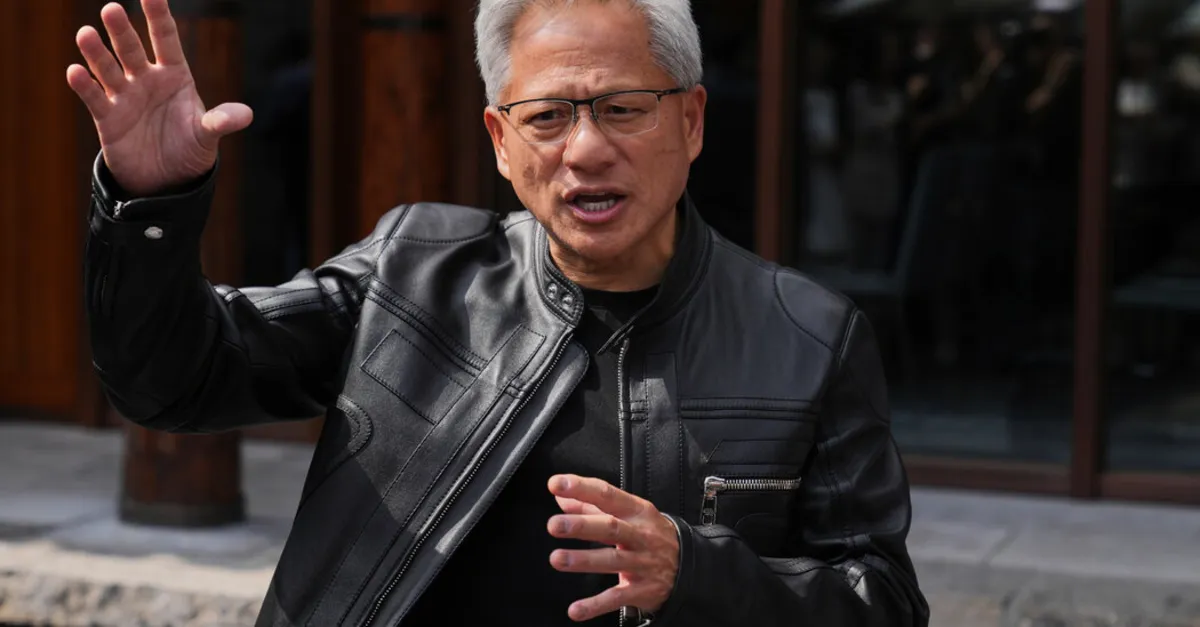
On Friday, Nvidia’s chief executive, Jensen Huang, announced that he is actively engaging with Chinese officials to address their concerns regarding the security risks associated with one of the company’s advanced artificial intelligence (AI) chips. This comes in the wake of Nvidia receiving approval from the U.S. government to sell its H20 semiconductors to China, a decision that has raised alarms among national security advocates amid ongoing technological and military competition between Washington and Beijing.
The approval for Nvidia’s chip sales has not been without controversy. Recently, the Cyberspace Administration of China, the nation’s internet regulator, summoned Nvidia to address concerns over alleged “backdoor” functions in their chips. These features supposedly allow for remote tracking or shutdown of the devices—a claim that has been fueled by information from U.S. AI experts. In light of these developments, Huang expressed optimism about clarifying these issues during his trip to Taipei, where he was visiting executives at the Taiwan Semiconductor Manufacturing Corporation (TSMC).
During his discussions with reporters, Huang emphasized that he had made it clear to Chinese officials that Nvidia’s AI chips do not contain security back doors. “There are no such things,” he stated firmly, adding, “There never has been. And so hopefully, the response that we’ve given to the Chinese government will be sufficient. We are in discussions with them.” His surprise at the questions posed by Beijing highlights the country's urgency to obtain chips necessary for advancing their AI capabilities.
Huang’s commitment to facilitating access to AI technology for China is not a new development. He played a pivotal role in lobbying former President Trump to reverse export controls that previously restricted advanced computing chips from reaching China. Recently, the Trump administration granted export licenses to both Nvidia and another prominent U.S. chipmaker, Advanced Micro Devices (AMD). The arrangement is notable, as it requires both companies to contribute 15 percent of their revenue from AI chip sales to China back to the U.S. government.
Looking towards the future, Huang indicated that he is in discussions with the U.S. government regarding a successor to the H20 chip aimed at the Chinese market. “I’m offering a new product to China for AI data centers, the follow-on to H20,” he mentioned. However, he acknowledged that the final decision rests with the U.S. government, stating, “We’re in dialogue with them, but it’s too soon to know.”
As Nvidia navigates the complexities of international relations and security concerns, the outcome of these discussions will significantly impact both the company and the broader landscape of AI technology. The interplay between U.S. regulations and China's technological ambitions will be crucial in shaping the future of AI chip distribution and innovation.